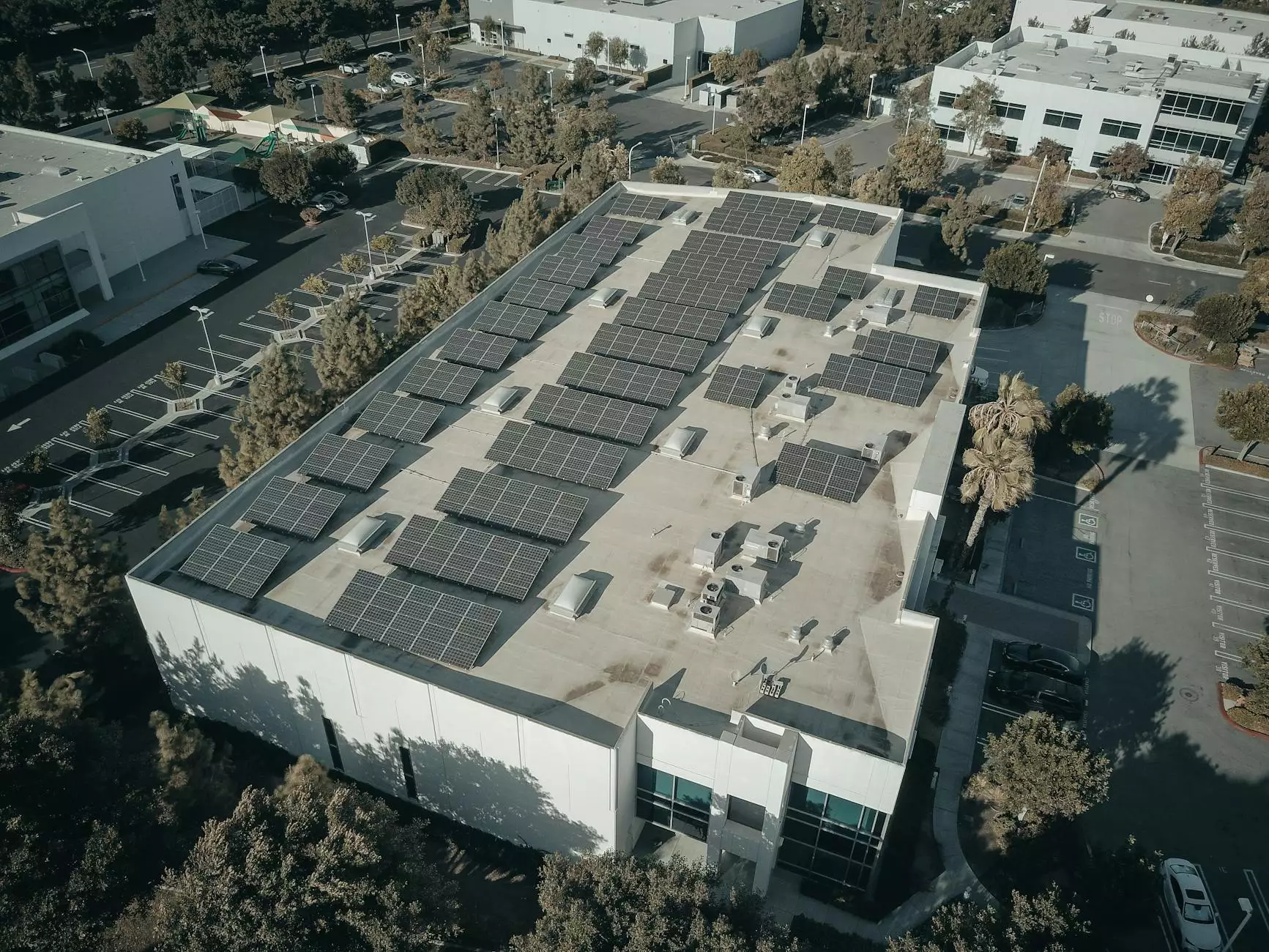The Transformative Power of AI in Education and Special Education

The advent of Artificial Intelligence (AI) has marked a new era in various industries, and the realm of education is no exception. As we explore the intersection of technology and learning, particularly in areas such as education, educational services, and special education, it becomes clear that AI is not just a tool but a transformative force that can shape the future of how we impart knowledge. In this article, we will delve deep into these topics, highlighting the various ways in which AI writes an essay on the importance and influence of artificial intelligence in these fields.
Understanding the Role of AI in Education
AI has the potential to revolutionize the educational landscape in numerous ways. By integrating advanced algorithms and machine learning techniques, educational institutions can implement systems that enhance both teaching and learning outcomes. Here are some key areas where AI is making a significant impact:
- Personalized Learning: One of the most significant advantages of AI in education is its ability to deliver personalized learning experiences. AI can analyze a student’s learning style, pace, and comprehension level, allowing educators to tailor their teaching methods accordingly.
- Enhanced Engagement: Utilizing interactive AI-driven platforms, students can engage with educational material in a way that is both enjoyable and effective. Gamification and AI tutors can provide a more engaging learning process.
- Data-Driven Insights: Educators can glean insights from the vast amount of data collected through AI applications, enabling them to make informed decisions that enhance educational processes and curricula.
- Accessibility: AI can assist in creating inclusive learning environments by providing tailored resources for students with different needs, including those requiring special educational services.
AI in Educational Services
Educational services, encompassing tutoring, administrative support, and curriculum development, are witnessing a transformation with the incorporation of AI technologies. Here are several ways AI is enhancing these services:
1. Intelligent Tutoring Systems
AI-powered tutoring systems can provide real-time feedback to students, helping them grasp complex concepts at their own pace. These systems are programmed to identify knowledge gaps and offer customized exercises to bridge those gaps. By using AI writes an essay techniques, these tutors adapt their methods to suit different learning styles, ultimately improving student performance.
2. Administrative Efficiency
AI can automate several administrative tasks, such as grading and scheduling, freeing educators to focus more on teaching. By analyzing data patterns, AI can streamline processes and improve operational efficiency in educational institutions.
3. Curriculum Development
AI can analyze trends and student performance metrics to develop effective curricula. By assessing the effectiveness of existing courses, AI can suggest improvements or new materials that can lead to better educational outcomes.
Impact of AI on Special Education
Special education is one of the most crucial areas where AI can have a profound impact. Tailoring educational experiences for students with unique needs is essential, and AI technologies can play a pivotal role in this process.
1. Customized Learning Tools
AI can identify specific learning disabilities and suggest personalized learning tools that cater to individual student needs. For instance, speech recognition software can assist students with communication challenges, while interactive applications can engage students with various cognitive issues.
2. Enhanced Communication
AI-driven tools can facilitate communication between educators, parents, and students, ensuring everyone is on the same page. Features like real-time translation services can bridge language barriers, fostering an inclusive educational environment.
3. Progress Monitoring
AI systems can continuously monitor students’ progress in special education, providing educators with valuable data to adapt teaching methods and materials as necessary, thus ensuring that each student receives the most effective support.
Challenges and Considerations
While the potential benefits of AI in education and special education are significant, it is imperative to acknowledge and address the challenges that come with this technological shift:
- Data Privacy: Protecting the privacy of students’ data is paramount. Educational institutions must ensure that data collected by AI systems are secure and used responsibly.
- Equity of Access: There is a risk that AI technologies could widen the educational gap if access to these resources is unequal. Ensuring equitable access to AI tools is vital for all students.
- Dependence on Technology: Reliance on AI should not replace essential human interactions in education. Educators must strike a balance between utilizing AI tools and maintaining personal connections with students.
Future Prospects of AI in Education
As we look towards the future, the integration of AI in education, educational services, and special education is expected to deepen. Innovations such as machine learning, natural language processing, and robotics will continue to shape educational practices. Here are some anticipated future trends:
1. AI-Enhanced Learning Environments
Future classrooms may be equipped with AI that adapts in real-time, modifying the learning environment based on student interactions and progress. Imagine a classroom where the lighting, sound, and even digital content change dynamically to match the needs of students.
2. Virtual Reality and AI Integration
The combination of AI and virtual reality (VR) can introduce immersive learning experiences that allow students to explore complex concepts in a hands-on manner. From historic journeys to scientific explorations, VR can create memorable learning experiences.
3. Ongoing Research and Development
Continuous advancements in AI will lead to more effective and efficient educational tools. Institutions dedicated to education and special education must remain abreast of these developments to incorporate best practices and cutting-edge technologies into their curricula.
Conclusion: Embracing AI for a Brighter Educational Future
The integration of AI into education, educational services, and special education holds immense potential to enhance learning experiences and outcomes. By recognizing the transformative capabilities of AI, educators can harness its power to foster individualized learning, increase accessibility, and provide unparalleled educational support. As we continue to innovate and adapt, embracing AI responsibly will be crucial in creating a brighter, more inclusive future for all learners.
In this dynamic landscape, the ability of AI writes an essay and many other functions will challenge and change traditional paradigms, leading to a more personalized, efficient, and effective educational system that meets the diverse needs of students everywhere.









